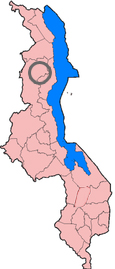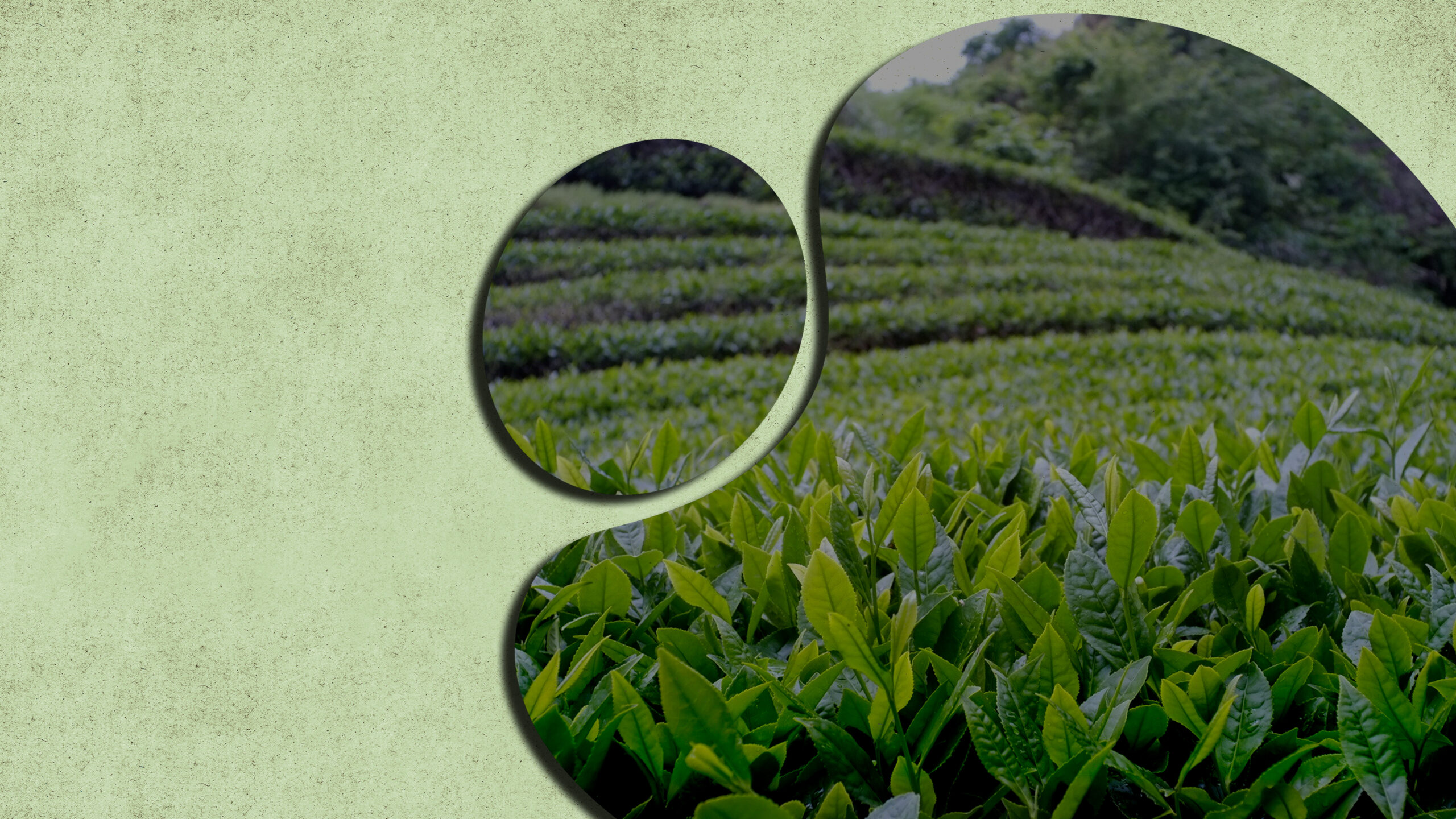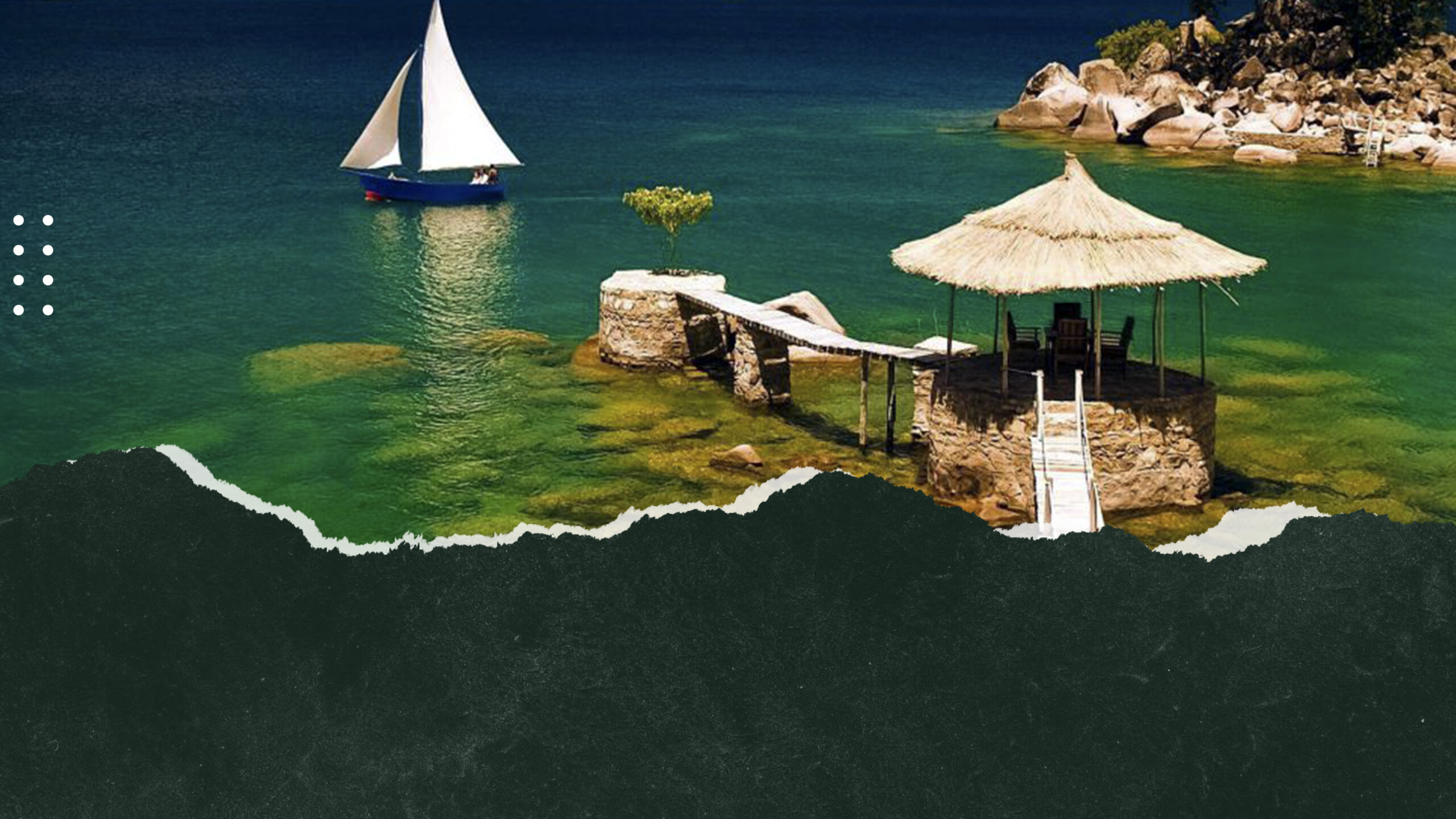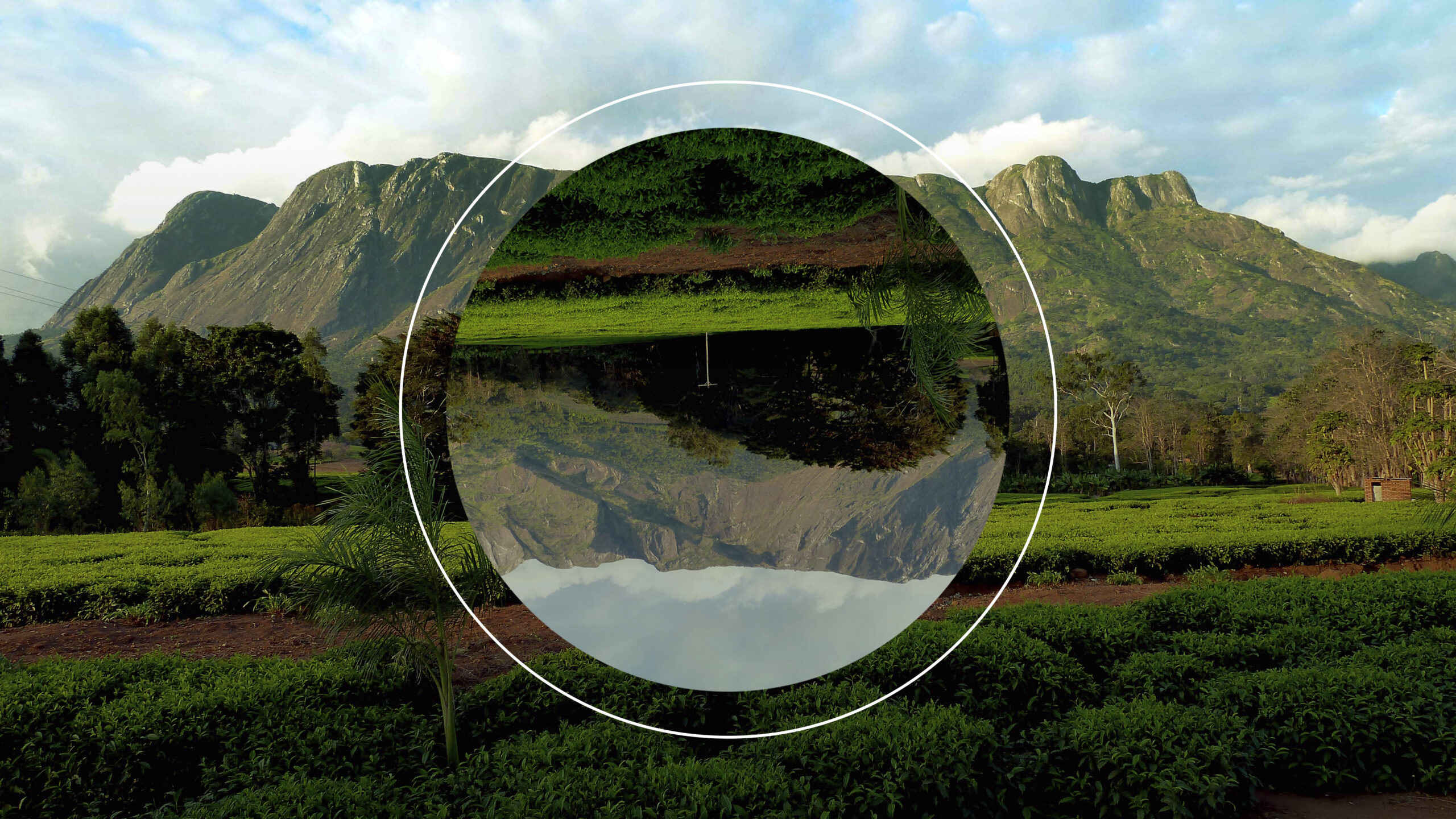USEFUL INFO - NORTH - MZUZU
- DISTRICTS
- NORTH – CHITIPA
- NORTH – KARONGA
- NORTH – LIKOMA
- NORTH – MZIMBA
- NORTH – MZUZU
- NORTH – NKHATA BAY
- NORTH – RUMPHI
- CENTRAL – DEDZA
- CENTRAL – DOWA
- CENTRAL – KASUNGU
- CENTRAL- LILONGWE
- CENTRAL-MCHINJI
- CENTRAL – NKHOTAKOTA
- CENTRAL – NTCHEU
- CENTRAL – NTCHISI
- CENTRAL – NTCHISI
- CENTRAL – SALIMA
- SOUTH – BALAKA
- SOUTH – BLANTYRE
- SOUTH – CHIKWAWA
- SOUTH – CHIRADZULA
- SOUTH – MACHINGA
- SOUTH – MANGOCHI
- SOUTH – MULANJE
- SOUTH – MWANZA
- SOUTH – NSANJE
- SOUTH – THYOLO
- SOUTH – PHOLOMBE
- SOUTH – ZOMBA
- SOUTH – NENO

The capital of Northern Region, Mzuzu is the third-largest town in Malawi, and the fastest growing. An important route focus, it stands at the junction of the highland M1 and lakeshore M5, the two main south-north roads through Malawi. It’s also the closest town of substance to the resort village of Nkhata Bay, and the main gateway for travel further north. Set at an elevation of 1,280m on a saddle between the North and South Viphya plateaux, it occupies a mid-attitude niche between humid lakeshore and the breezy highland chill of the flanking mountains, while an average annual rainfall of 1,750mm ensures that the town and surrounding hills are green and fertile all year through.
Few would visit Mzuzu for its town sake, but if you do overnight there, it’s very friendly and likeable town. The compact, low-rise city centre is easily manageable on foot, and there’s a strong people culture with many welcoming cafes and bars where you can sit and chat to locals. As for amenities, Mzuzu is well equipped with hotels and resthouses, restaurants and cafes, and supermarkets, internet and banks. It is somewhat more impoverished when it comes to tourist attractions, though the small central museum and readily accessible out-of-town nature sanctuary are both worth a look.
History
Mzuzu is very much a modern entity. For much of the colonial era, it was little more than the name of a stream running through the rural hillside, and the small settlement that stood here at the time of independence was practically inaccessible during the rainy season – they say that the highlight of the expatriate social calendar was the arrival of a Beaver plane from Lilongwe every Friday, Mzuzu took over from Mzimba as regional capital in the late 1960s, and it was granted official city status as recently as 1991. Its population has increased more than tenfold in the past two decades, from a mere 16,000 in 1987 to almost 200,000 today. The out-of-town Mzuzu University, established in 1997, is gathering pace and now has more than 1,000 students. In recent years, Mzuzu Coffee Planters Cooperative Union, which represents more than 3,000 individual coffee growers in the highlands of Misuku North Viphya, Phoka, Mzimba and Nkhata Bay.
What to see in Mzuzu
Mzuzu Nature Sanctuary
Mzuzu Nature Sanctuary is over 30ha and protects the indigenous Brachystegia woodland bordering the Kang’ina Forest. There is an information centre available, displaying skulls, and horns, which then lead to two walking trails that offer the opportunity to see the animals within. Red Duiker, Vervet Monkey, Yellow Baboon, Warthog, and a variety of bird species. The reserve lies about 1 mile from the Mzuzu City Centre, therefore accommodation and transport is readily available.
Getting there and away
Mzuzu lies 380km north of Lilongwe and 245km south of Karonga on the surfaced M1, and 50km northwest of Nkhata Bay. The best bus service to Lilongwe and most other main towns is Axa Coaches, whose buses leave from the main buy station, though tickets can be booked from Postdotnet on St Denis Road. Services include a daily Country Commuter to/from Blantyre via the lakeshore, a twice-daily Seated Troupe Express service to/from Karonga and Blantyre via Lilongwe. Otherwise, a steady stream of minibuses connects the bus station to most towns in northern and central Malawi, charging Mk1,000 to Lilongwe, Mk800 to Karonga, Mk500 to Mzimba, Mk400 to Rumphi and Mk350 to Nkhata Bay.
When you arrive at the bus station, you’ll find plenty of taxis waiting outside and you can expect to pay Mk200-400 for a town ride. Taxi stands can also be found at the People’s Supermarket on Kamuzu Avenue. It’s worth noting that transport Nkhata Bay can be picked up at a stage on the Nkhata Bay road about 200m past the Courthouse. A transfer by taxi to Nkhata Bay would cost around Mk5,000.
Briggs, P. (2010). Mzuzu. In: Briggs, P Malawi. 5th ed. Connecticut: Bradt. p267 – 269.




